Jobs
Southern governors meet, urge President Buhari to address Nigerians
Worried by the rising rate of insecurity, Southern Governors, Tuesday, met in Asaba, the Delta State capital and called on President Muhammadu Buhari to address the nation on the spate of insecurity in the country. The Governors in the meeting which started at about 12 noon and ended about 4:20 pm, urged the Federal Government to convocated a national dialogue as a matter of urgency and insisted on the ban of open grazing across Southern Nigeria The Governors in the 12 point communique read by the Chairman of Southern Governors Forum, Governor Arakunrin Oluwarotimi Akeredolu of Ondo State, “affirmed that the peoples of Southern Nigeria remain committed to the unity of Nigeria on the basis of justice, fairness, equity and oneness and peaceful co-existence between and among its peoples with ...
Niger Delta: President Buhari has surpassed all past presidents – NYCN
National Youth Council of Nigeria (NYCN) on Sunday said that President Muhammadu Buhari has surpassed all past Presidents of the country in the development of the Niger Delta region. The Council said the array of projects that now littered the coastal area was however made possible by the current Minister of Niger Delta Affairs, Senator Godswill Akpabio. The youths, therefore, warned the region’s politicians against blackmailing Buhari and Akpabio. The youths also threw their weight behind the interim sole administrator of the Niger Delta Development Commission (NDDC), Effiong Akwa for his prudent, transparent, and frugal management of resources which they said witnessed the execution of the projects within a short period of time. In a communiqué issued after a 3-week tour and assessment o...
May Day: President Buhari promises workers better packages
President Muhammadu Buhari has assured workers of better packages to cushion economic effects of COVID-19 on their resources. The President said his administration has put in place some socio-economic policies to alleviate poverty. Buhari said the Federal Government has expanded the Conditional Cash Transfer for the vulnerable poor from 2.6 million households to 7.6 million. He also noted COVID-19 Rapid Response Register has been expanded for urban poor to 4.8 million households, which included urban poor and working class. The President spoke during this year’s May Day celebration at the Eagle Square on Saturday in Abuja. This year’s celebration had as its theme: “COVID-19 pandemic, social and economic crisis: challenges for decent jobs, social protection and people’s welfare”. Buhari, wh...
TRCN: Nigerian teachers becoming more competitive globally
Prof. Josiah Ajiboye, Registrar, Teachers Registration Council of Nigeria (TRCN), says Nigerian teachers are currently becoming more competitive globally. Ajiboye, disclosed this at the end of the opening of a one-day training workshop for Education Correspondents’ Association of Nigeria (ECAN) on Friday in Karu Local Government Area of Nasarawa State. He noted that the narrative about the proficiency of Nigerian teachers had begun to change due to innovations being introduced to keep them at par with their counterparts globally. He said that unlike before those Nigerian teachers had to undergo a certain level of training abroad before being offered appointments, but now they were being offered jobs straight up. According to him, this is because the Federal Government is focusing more atte...
Wheat farmers bemoan $6.1 billion annual import, laud CBN restriction on forex for importers
The Wheat Farmers Association of Nigeria (WFAN) says about $6.1 billion is spent yearly to import wheat into Nigeria. The President of the association, Alhaji Salim Muhammad, made this known at a news conference on Wheat Forex in Abuja on Thursday. Muhammad commended the Central Bank of Nigeria (CBN) over the policy that placed wheat on Forex restriction. He described it as an impressive policy and a welcome development. According to him, Nigeria consumes 5 million metric tons of wheat per annum, while a meagre 420,000 tons is produced locally. He said that in view of numerous challenges that plagued local production, the policy would enable the government to unlock the unrealised potentials in the wheat sub-sector. “The forex restriction policy will give relevant stakeholders the confiden...
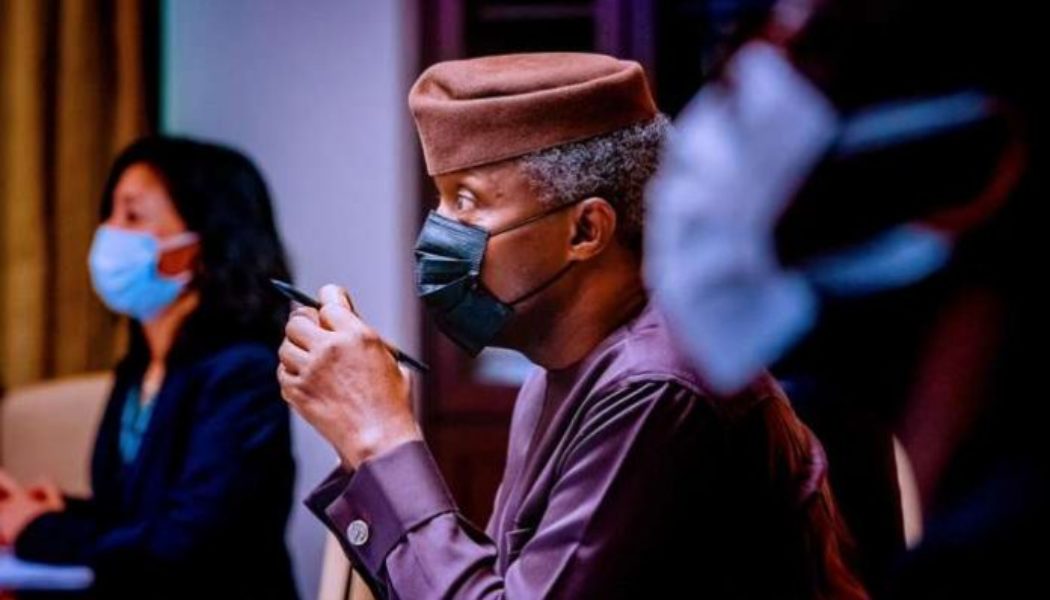

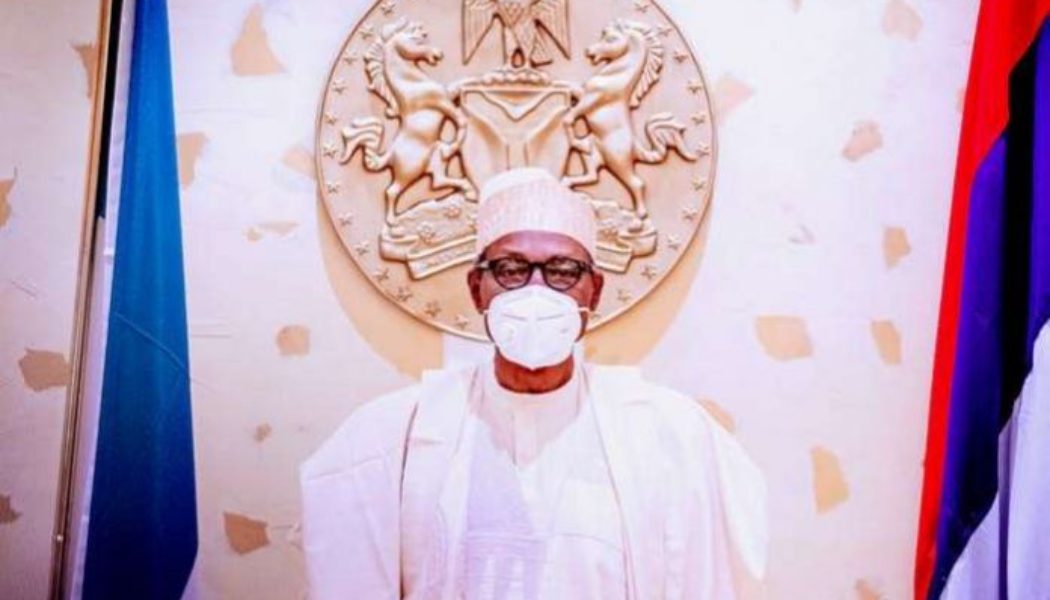

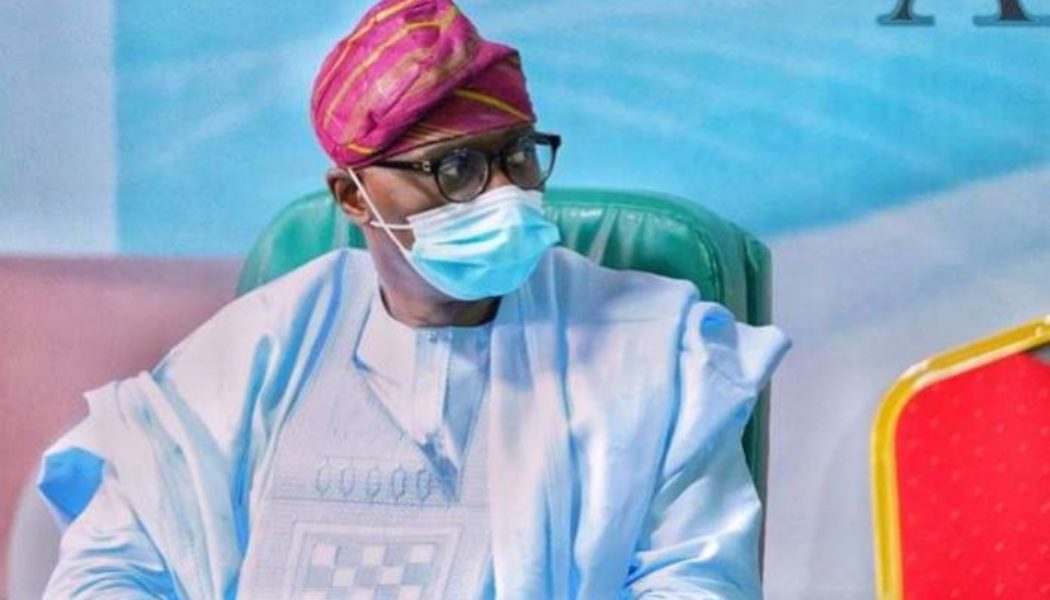

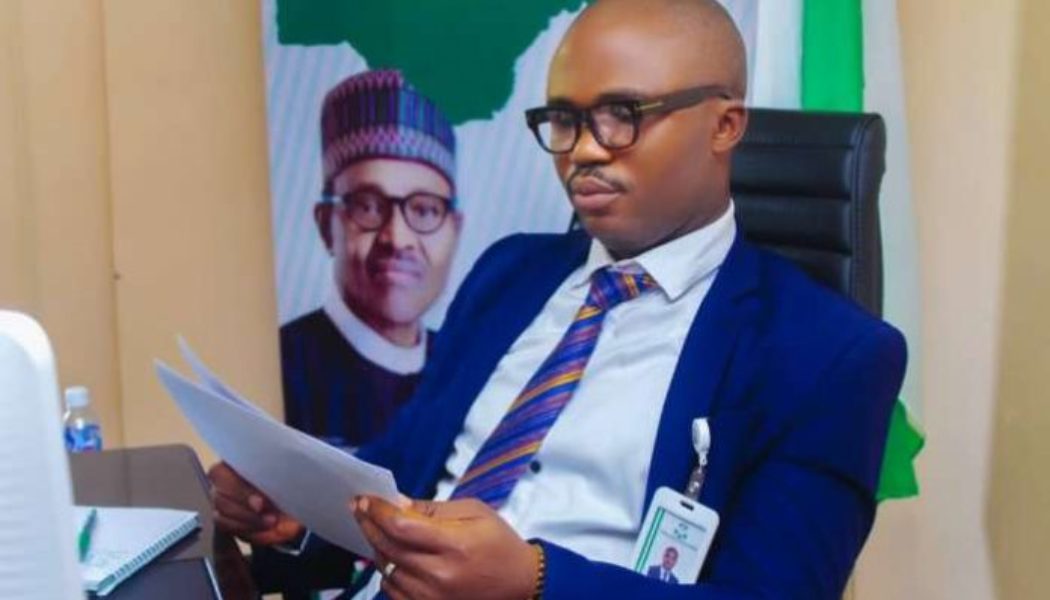

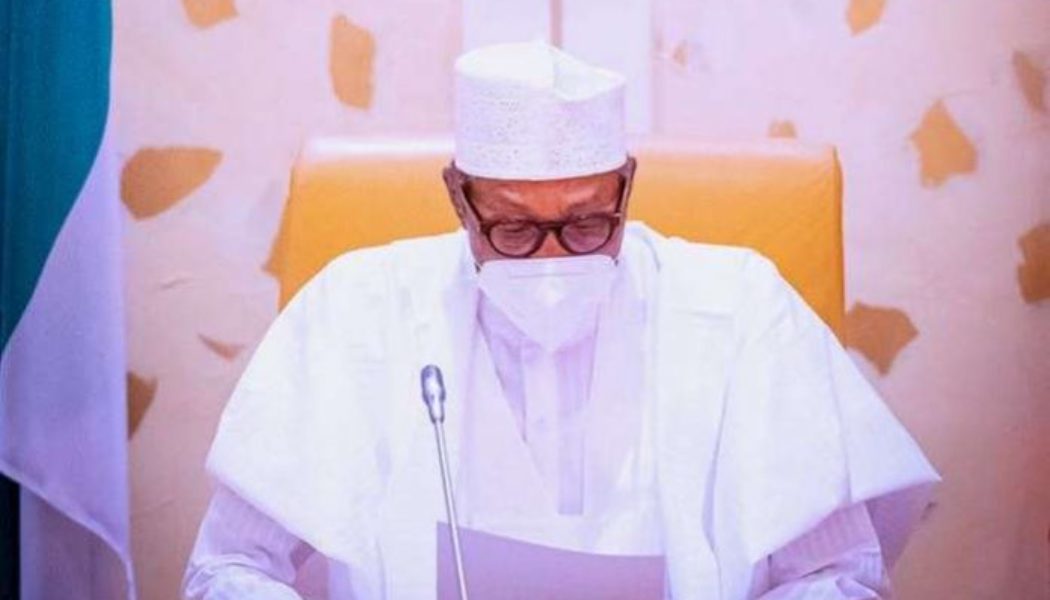

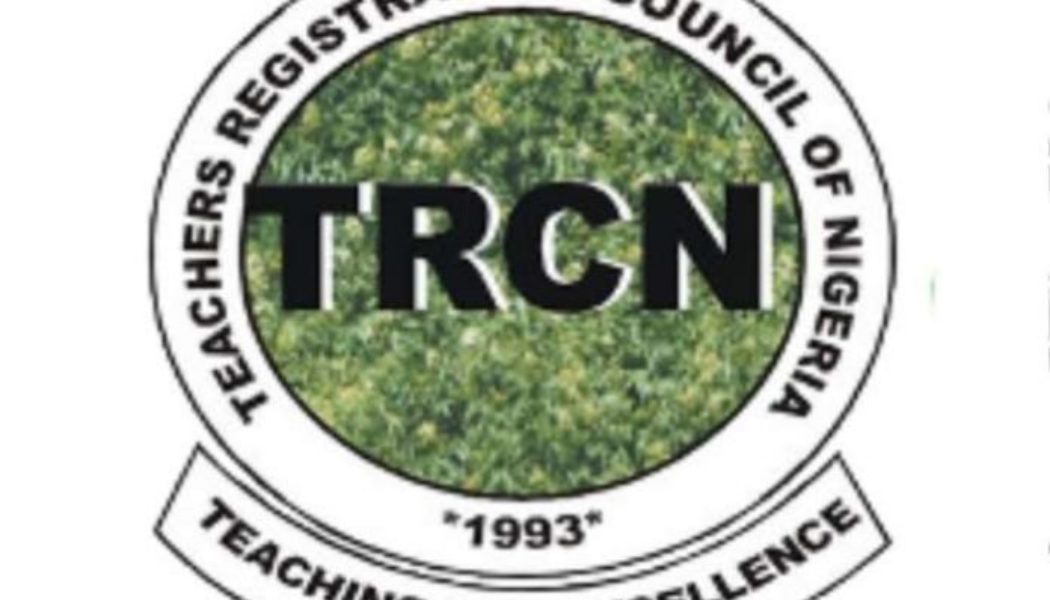

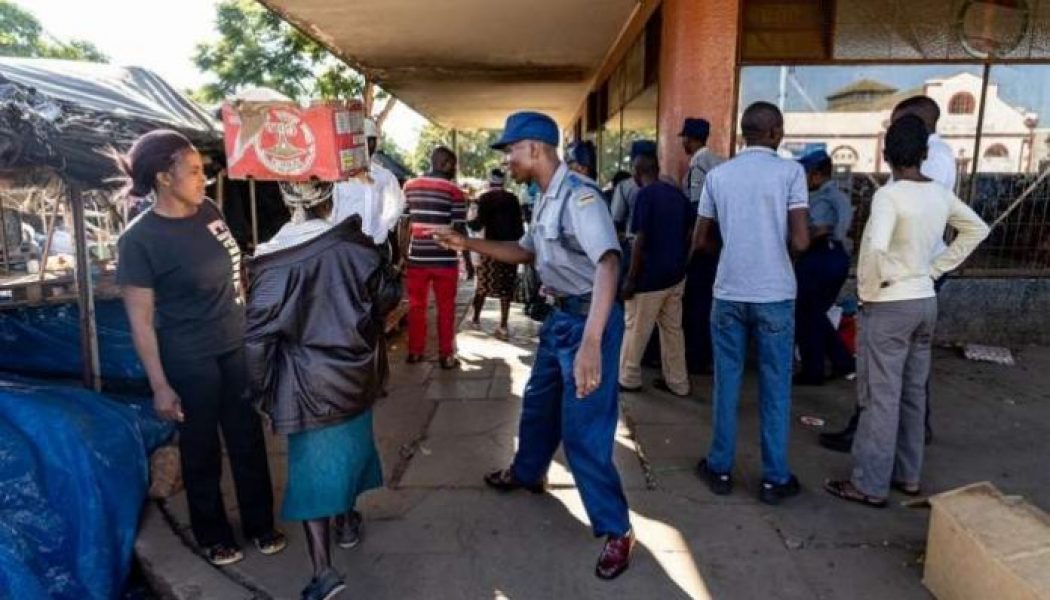



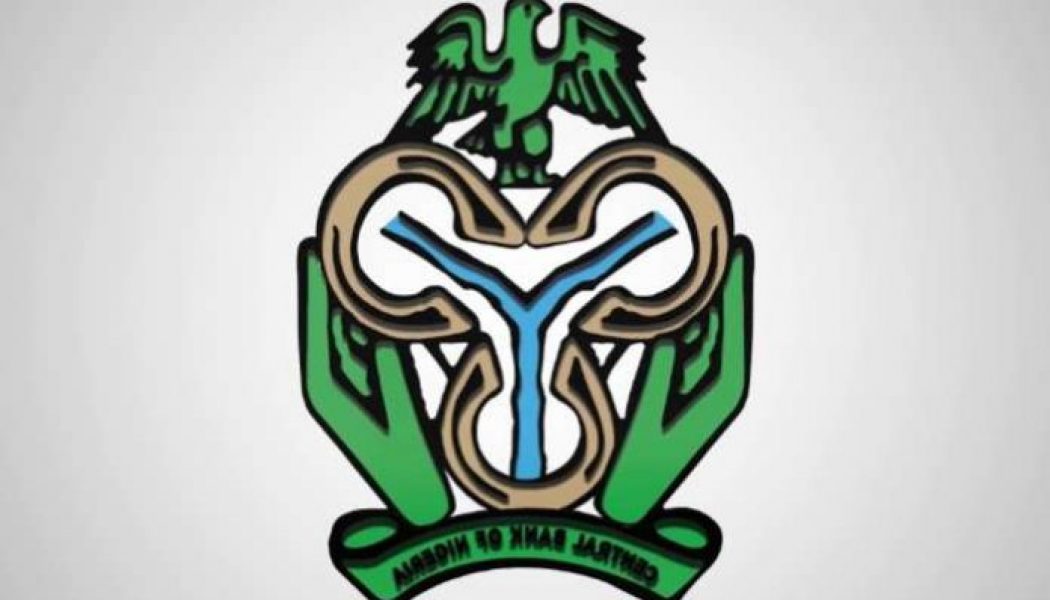

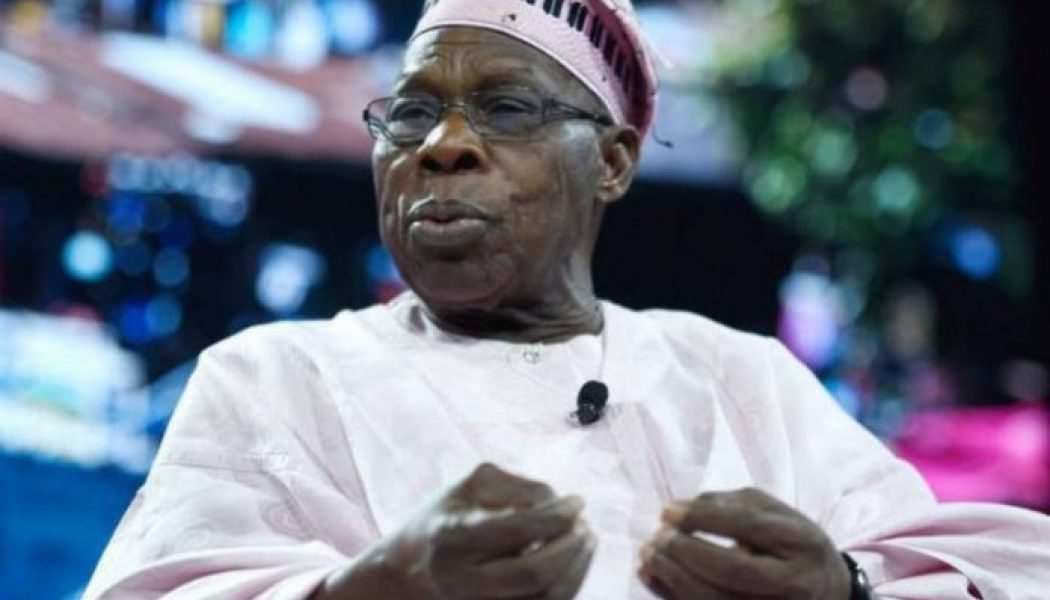

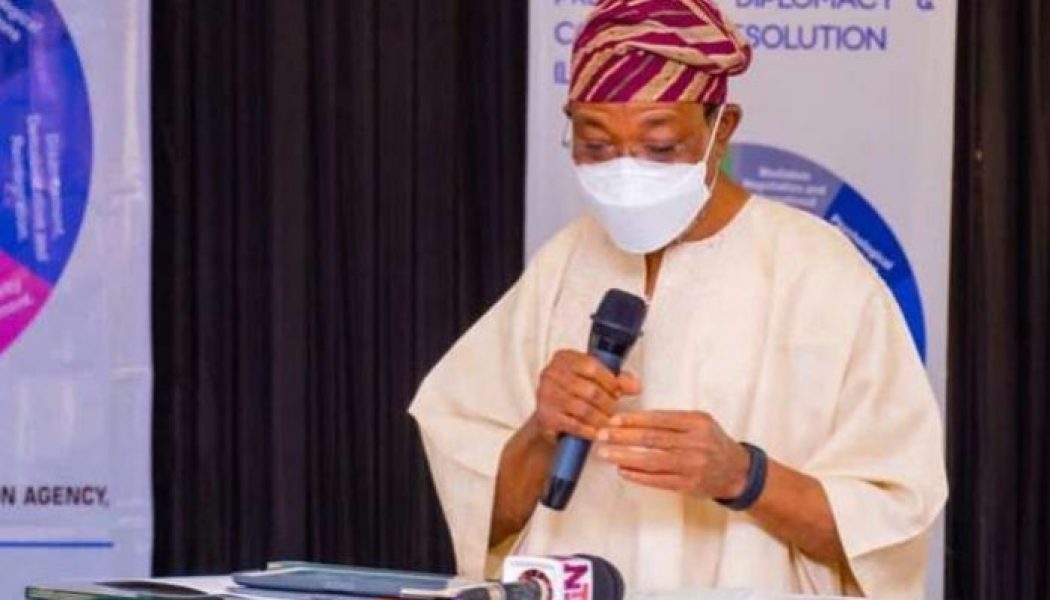

Understanding the strength of small businesses
The number of small businesses keeps growing in the formal and informal sectors of the Nigerian economy, due to the role of small businesses as the live-wire of any economy and the backbone of major developed economies the world over. Though Nigeria rely majorly on oil and revenues derived from it, from context observation the economy is largely supported by small businesses covering almost all spheres of activities within the country, ranging from Nano, kiosk, and Micro businesses most importantly. A visible reference usually includes the vulcanizers, corner shop owners, single retail marketers, repairers, painters, business center operators, restaurants, market women, and men in the various open markets, among others. and the formal operations such as the law firms, accounting firms, con...